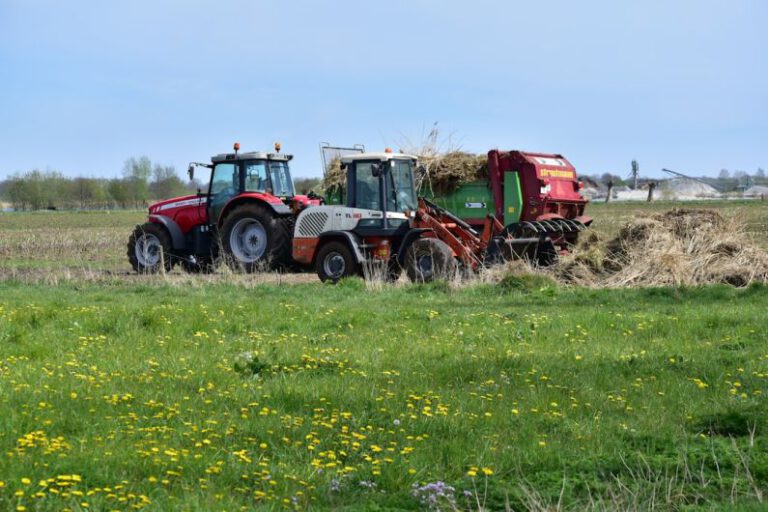The Impact of Automation on Job Markets: a Detailed Analysis
As technology continues to advance at an unprecedented rate, automation has become a prevalent topic of discussion in various industries. The integration of automation systems in workplaces has significantly impacted job markets worldwide. This article delves into the multifaceted effects of automation on job markets, exploring both the opportunities and challenges it presents.
The Rise of Automation in Job Markets
Automation, defined as the use of technology and machinery to perform tasks with minimal human intervention, has revolutionized the way businesses operate. Over the years, automation has transformed industries such as manufacturing, transportation, healthcare, and finance, among others. The adoption of automation technologies, including robotics, artificial intelligence, and machine learning, has led to increased efficiency, productivity, and cost savings for many companies.
Enhanced Efficiency and Productivity
One of the key advantages of automation in job markets is the significant enhancement of efficiency and productivity. Automated systems can perform repetitive tasks at a much faster pace and with a higher degree of accuracy than their human counterparts. This increased efficiency allows businesses to streamline their operations, reduce errors, and deliver goods and services more quickly to consumers.
Cost Savings and Competitive Edge
Automation also offers substantial cost savings for businesses. By automating routine tasks, companies can reduce labor costs, minimize human errors, and optimize resource utilization. This cost efficiency enables businesses to stay competitive in the market by offering products and services at lower prices while maintaining profitability. Additionally, automation allows companies to reallocate human resources to more strategic and creative tasks that require human ingenuity and problem-solving skills.
Job Displacement and Skill Shifts
Despite the numerous benefits of automation, its widespread adoption has raised concerns about job displacement and skill shifts in the workforce. As machines and algorithms take over routine and manual tasks, certain jobs become obsolete, leading to layoffs and restructuring within organizations. This displacement can be particularly challenging for workers in industries heavily reliant on manual labor or repetitive tasks.
On the flip side, automation also creates new job opportunities that require specialized skills in areas such as programming, data analysis, and system maintenance. While some traditional roles may disappear, new roles emerge that demand a different set of skills and knowledge. This shift underscores the importance of upskilling and reskilling the workforce to adapt to the changing demands of the labor market.
The Importance of Human-Machine Collaboration
In the age of automation, the concept of human-machine collaboration is gaining traction as companies seek to leverage the strengths of both humans and machines. Rather than viewing automation as a threat to human jobs, many organizations are exploring ways to integrate humans and machines to maximize productivity and innovation. Collaborative robots, known as cobots, are being deployed in various industries to work alongside human employees, enhancing efficiency and safety in the workplace.
Ethical and Social Implications of Automation
While automation offers numerous benefits in terms of efficiency and productivity, it also raises ethical and social implications that must be carefully considered. Questions around job quality, worker well-being, and income inequality have surfaced as automation continues to reshape job markets. Ensuring a smooth transition for workers affected by automation and addressing issues of job insecurity and job quality are crucial considerations for policymakers and businesses alike.
Embracing a Future of Automation
In conclusion, the impact of automation on job markets is undeniable, with both positive and negative consequences for workers and businesses. While automation brings about increased efficiency, cost savings, and new job opportunities, it also poses challenges related to job displacement and skill shifts. Embracing a future of automation requires a proactive approach to preparing the workforce for the changing landscape of work, fostering human-machine collaboration, and addressing the ethical and social implications of automation. By navigating these challenges thoughtfully, we can harness the full potential of automation to create a more innovative, productive, and inclusive workforce.






